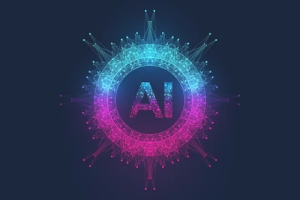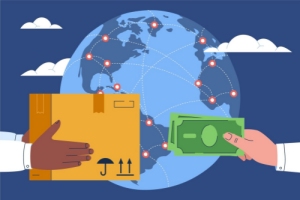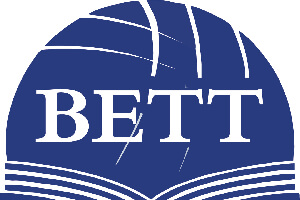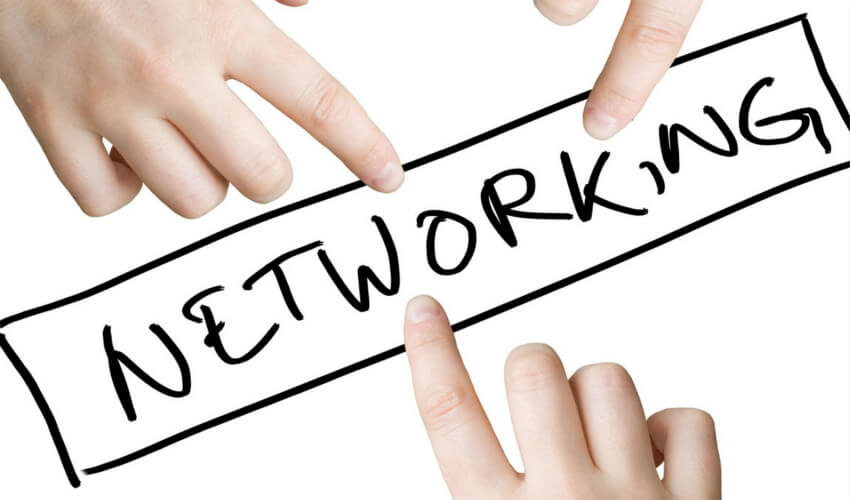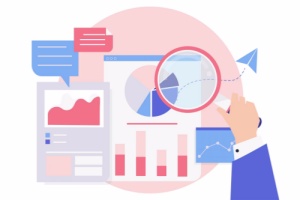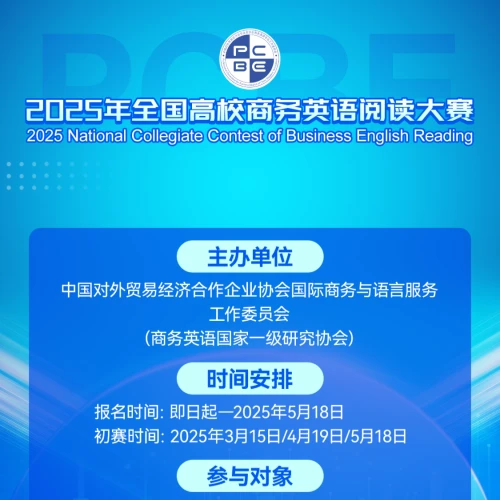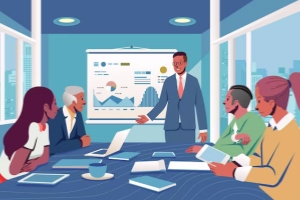Hello and welcome back to the Skills 360 podcast. I’m your host, Tim Simmons, and today we’re going to look at cognitive bias. These are factors that affect our ability to make good decisions and reasonable judgments.
Every day, you make thousands of decisions. Some are big, like hiring a new employee or investing in a particular marketing strategy. Others are relatively minor, like how much paper to order or where to go for lunch. For many of us, these decisions are based on a combination of intuition, available information, and other people’s perspectives. But how do you know your decisions are truly optimal?
In fact, much of our decision-making is negatively impacted by what we call “biases.” Biases are unconscious tendencies to lean one way or another, mentally speaking. Toward or away from a person. Toward or away from types of information. These tendencies lead us to make poor decisions. And there’s one type of bias, called “overconfidence bias,” that prevents us from even noticing what is happening!
Today we’ll go through some common cognitive biases, and in our next lesson we’ll talk about how to counteract them. Let’s start with one of the most common and damaging biases: “confirmation bias.” This type of bias leads us to focus on information that supports what we already think. At the same time, we ignore evidence that might show that our beliefs are wrong.
Consider a salesperson who is convinced that a particular sales strategy is the best one. Every time that strategy works for her, or other people, she’ll see it as proof that she’s right. But the times it doesn’t work, well those instances are ignored. You’ve probably been frustrated by people who are stuck in their beliefs like this, as a result of confirmation bias.
Another bias that relates to getting stuck is the sunk-cost fallacy. Basically, once we’ve invested a lot of time, money, or energy into something, we’re very reluctant to back out or change course. Perhaps you’ve got an employee who really can’t do the job. But you’ve invested a lot in hiring and training them, so this bias makes you resist the right decision. Even when keeping the person on will cost you more in the long run!
Also, on the topic of hiring and employees, we have what we call the “halo effect” and the “horns effect.” These biases happen when one particular trait or feature of a person colors our overall opinion. There’s a ton of research showing that attractive or tall people are widely considered more capable or skilled. Conversely, people who are overweight or have bad posture are considered less capable. And in both cases, our minds will overlook or misinterpret information that shows the opposite.
Intuition may serve you well with some decisions. But your gut feeling will often lead you astray. This is why we look for data to help us make decisions. Even then, biases get in the way. Take, for example, a bias called “sample size neglect.”
Imagine you run a survey of your clients. 70% tell you your service is too slow. So you and your team begin discussing strategies for speeding up your service. But what if I told you that only 12% of your clients responded to the survey? Can you really say that slow service is a widespread concern? 12% just isn’t enough of a sample for you to draw a conclusion.
Another bias that leads us astray is availability bias. Ever notice that you become more afraid of flying after hearing about a plane crash? In fact, statistically speaking, flying is safer than driving. But because information about the dangers is available, we overestimate the probability. We’re not working with all the relevant information. Rather, we’re working with what is recent and available.
There’s one more bias I want to mention today, which research shows affects even the most experienced business leaders. It’s called the “planning fallacy.” This describes our tendency to underestimate how much time things will take. And it affects everything from planning our commuting time to planning major projects. It’s the reason we end up late or run out of time.
One cause of the planning fallacy is focusing on the best-case scenario. We say it will take only 15 minutes to drive to the office because that’s what it might take if everything goes smoothly. But there’s always something to hold us up. We also make decisions without the right data, without the right amount of data, or without any data at all!
We’ve covered just a few of the common biases that impact decision-making. As we’ve seen, there’s a lot that can go wrong! Fortunately, there are ways to counteract these biases. Basic awareness that they are working in the background of our minds is a start. And in our next lesson, we’ll look at some more remedies to combat these biases.
That’s all for today. So long. And see you again soon!


